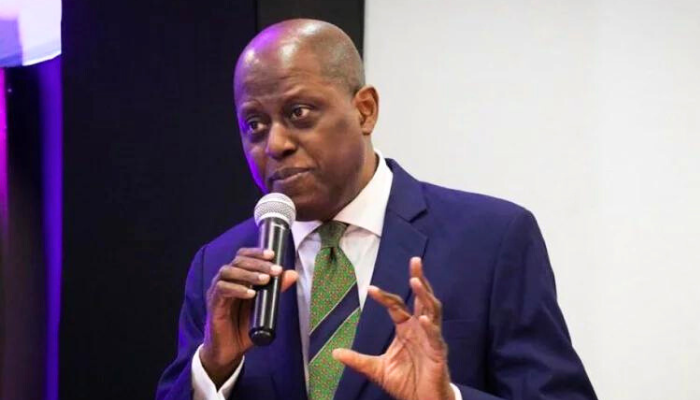The Monetary Policy Committee (MPC) of the Central Bank of Nigeria (CBN) in its July meeting again hiked interest rates by 50 basis points, from 26.25 per cent to 26.75 per cent.
The move, according to the apex bank, is aimed at curbing inflation and stabilising the economy.
However, the measure, Daily Trust learnt, could negatively affect Nigerian investors and real estate developers.
The Monetary Policy Rate (MPR) is the rate at which the CBN lends to commercial banks. Commercial banks in turn use this rate as their benchmark rate for their lending.
In the same vein, the National Bureau of Statistics (NBS) has reported a consistent surge in inflation with its recent figure on the headline inflation at 34.19 per cent in June from the 33.95 per cent recorded in May.
Experts in both financial and real estate sectors have highlighted how the hike by the monetary authorities could affect mortgage borrowing and force developers to look at other alternatives.
On borrowers, especially for businesses, a finance expert Joseph Oluwaseun while speaking on the issue said. “It will be very difficult to get loans and if they do they will pass it down to consumers. When it passes down to consumers there will be less cash chasing a few goods, meaning inflation will correct later on.”
He added that the decision to hike interest rate lies at the expense of growth rate because when companies can’t borrow money, business activity level will reduce, and consumption level will also reduce.
Real estate experts weigh in
Also speaking, the head, Help-to-own-a-home initiative at the Family Home Funds, Monsurat Mohammed, stated that what Nigeria requires at the moment is affordable mortgage loans considering the high interest lending from banks.
According to her, mortgage interest rates by commercial banks is very high at 26 per cent per annum which very few Nigerians can afford as there are less than 5 per cent of Nigerians currently accessing mortgage.
“Aside interest rates, other things include the cumbersome process, bureaucracy, among others. When you go to banks to get loans, the forms to fill and the requirements are so cumbersome which at the end discourage borrowers and it is affecting the sector,” she said.
On what the Family Homes Fund is doing to aid affordable housing, she added “The Help-to-own-a-home initiative was introduced to link primary and secondary markets and also increase the housing value chain. So far, we have 58 projects in 15 states, and financed 15,000 homes. We also have over 2100 homes progressing at different levels. Also, we have a lending tenor of up to 20 years.”
Also in his presentation, Mr Ebilate Mac-Yoroki, President of the Mortgage Bankers Association of Nigeria (MBAN), said government institutions are capable of providing housing financing as banks are no longer affordable considering the high lending rates of almost 30 per cent
“In my opinion, there is no reason to go to commercial banks because agencies like the National Pension Commission are doing a lot in that area. The total pension funds is about N20 trillion so 25 per cent of it designated for mortgage is about N5 trillion.
“Also, family Homes Fund has been effective and even recently, we took people to family homes and in less than two weeks, they have gotten their mortgage. So there is no need to go to the commercial banks,” he said.
He, however, noted that for the property sector to be more viable and contribute effectively and increase contributions to GDP, the issue of high interest rates, especially for mortgage, must be addressed as a matter of national emergency.

 Join Daily Trust WhatsApp Community For Quick Access To News and Happenings Around You.
Join Daily Trust WhatsApp Community For Quick Access To News and Happenings Around You.


